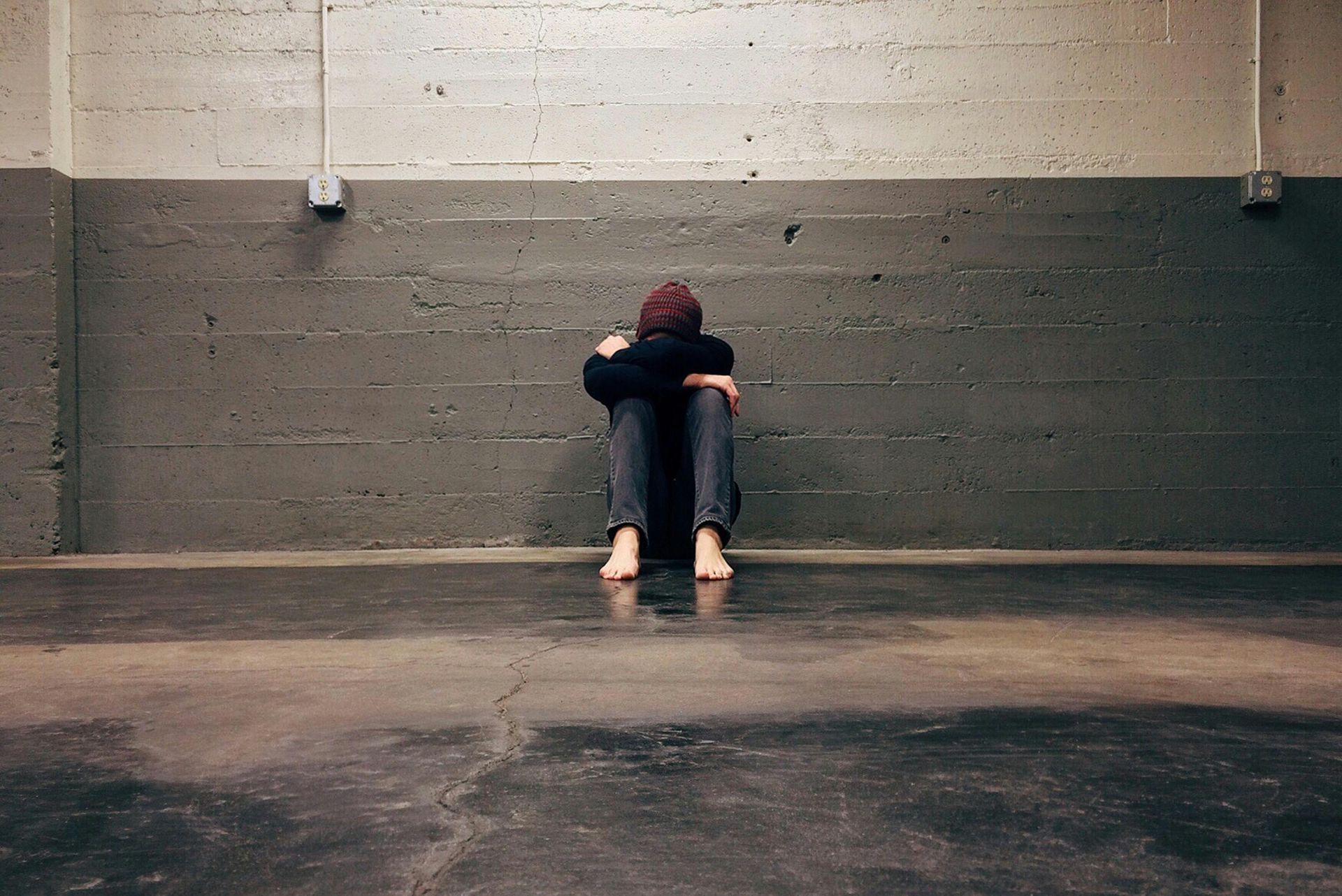Why Teen Lying Hurts: Attachment & Faith Insights
Supporting Emotionally Resilient Kids Through Language and Love
Reframing Shame—Helping Children See Themselves as Loved and Capable
Dear Parents and Caregivers,
We all want our children to grow into kind, confident, emotionally secure individuals. But in the day-to-day chaos of parenting, it’s easy to fall into language that unintentionally shames them—especially when their behavior feels irrational, disrespectful, or defiant.
This issue explores how to reframe shame-based language using
developmental
psychology, attachment theory, and biblical principles—so our children don’t grow up questioning their worth, but rather rooted in
grace, identity, and trust.
💭 What Shame Teaches Kids About Themselves (and Why It Sticks)
Children, especially in early to middle childhood, are in a stage of egocentric thinking—they naturally believe the world revolves around them. This isn’t selfishness; it’s a developmental norm. But it also means that when something goes wrong, they’re likely to assume:
“It’s my fault. I must be bad.”
This is how shame statements like “What’s wrong with you?” or “You should be ashamed” turn into false beliefs about the self.
🔍 Common False Beliefs Internalized Through Shame:
- “I am bad.”
- “I don’t deserve love.”
- “I ruin everything.”
- “I’m too much.”
- “I’ll never be good enough.”
- “People only love me when I’m perfect.”
- •“My feelings are dangerous or wrong.”
Over time, these beliefs can crystallize into chronic self-criticism, people-pleasing, emotional withdrawal, or anger toward self and others.
🧠 Egocentrism & Behavior: What’s Actually Going On?
Here are a few developmentally appropriate behaviors that might feel like misbehavior to adults but are actually rooted in where your child’s brain is at:
| Behavior | What It Might Trigger in Adults | Developmental Explanation | How Trauma Can Impact This |
|---|---|---|---|
| Interrupting repeatedly | Interrupting repeatedly “They’re so rude/disrespectful” Young children are egocentric; they don’t yet understand conversational turn-taking. Trauma may cause hypervigilance or a need for control, leading to urgent interruptions to seek attention, connection, or reassurance. | Young children are egocentric; they don’t yet understand conversational turn-taking. | Trauma may cause hypervigilance or a need for control, leading to urgent interruptions to seek attention, connection, or reassurance. |
| Meltdowns over small things | “They’re manipulating me” | Emotional regulation systems (prefrontal cortex) are still under construction. | Trauma can keep children stuck in a fight/flight/freeze state. Small stressors may trigger outsize emotional reactions due to unresolved fear or insecurity. |
| Not apologizing sincerely | “They don’t feel remorse” | Children lack the maturity to fully understand others' perspectives. | Trauma can affect trust and safety—a child may shut down or become defensive because apologizing feels too vulnerable or shame-inducing. |
| Acting out when you're emotional | “They don’t care how I feel” | Children co-regulate with caregivers and respond to emotional tone, not just words. | Trauma can cause attachment dysregulation—the child may react to your distress with anxiety, hyperactivity, or rejection due to past instability. |
| “Lying” or denying behavior | “They’re being deceitful” | “They’re being deceitful” | Trauma often creates a fear of punishment or rejection—lying becomes a self-protection strategy learned in unsafe environments. |
🧠 Trauma Delays Are Not Defiance
When trauma is part of a child’s story—whether from loss, abuse, neglect, medical trauma, or chronic stress—their emotional age may lag behind their chronological age. A 10-year-old who throws tantrums like a 4-year-old isn’t being “immature”—they may not have had the consistent safety needed to develop those emotional skills.
This is why trauma-informed parenting asks:
🟡 “What’s happened to you?”
instead of
🔴 “What’s wrong with you?”
🔁 A Compassionate Reframe for Trauma-Affected Children
Trauma-informed parenting combines structure (predictable boundaries) with attunement (emotional presence). Here's how to reframe common challenges in trauma-impacted kids:
| Behavior | Reframe with Understanding |
|---|---|
| Regression (e.g., baby talk, wetting pants) | “Your body is remembering something hard. I’m here with you.” |
| Defiance or refusal | “You might be scared and trying to stay in control. Let’s find a safer way.” |
| Clinginess or separation anxiety “It’s okay to want closeness. I’m not going anywhere.” | “It’s okay to want closeness. I’m not going anywhere.” |
| Withdrawal or zoning out | “It looks like you’re shutting down. You’re safe now. Can I sit with you?” |
❤️ Attachment & Safety: The Healing Environment
Children with trauma histories heal in relationships that are:
- Safe (predictable, calm, consistent)
- Seen (emotionally attuned and validating)
- Soothed (co-regulated, not punished for dysregulation)
- Secure (trusting that love isn’t conditional)
As Dr. Karyn Purvis says:
“Children from hard places need to know they’re precious, not problematic.”
Understanding this doesn’t mean excusing hurtful behavior—it means addressing it with connection rather than condemnation.
🗣️ Reframe in Action: Connecting Instead of Condemning
Here’s how to reframe some common shame-based responses:
| Instead of Saying | Try Reframing as |
|---|---|
| “You should be ashamed!” | “You should be ashamed!” “I can tell you’re feeling upset. Let’s talk about what happened.” |
| “Why would you do that?!” | “Help me understand what was going on for you.” |
| “You never listen!” | “You never listen!” “It seems like you're distracted. Can we try again together?” |
| “You’re embarrassing me.” | “You’re embarrassing me.” |
🔄 Healing Begins with Repair
If you’ve used shaming language in the past, don’t panic. What matters most is the ability to repair:
“I said something hurtful when I was angry. You are not bad—I’m sorry. I love you no matter what.”
Repair teaches children that relationships can weather storms—and that their worth is not on the line.
🕊️ A Biblical Lens: Parenting with Grace and Truth
God models loving correction that calls us to grow while affirming our identity as beloved.
Romans 2:4 — “God’s kindness leads us to repentance.”
Proverbs 22:6 — “Train up a child in the way he should go...”
Ephesians 6:4 — “Do not provoke your children to anger, but bring them up in the discipline and instruction of the Lord.”
Biblical parenting invites us to discipline not through shame, but through:
- Grace-based correction
- Firm boundaries with warm connection
- Consistent modeling of forgiveness, mercy, and truth
As image-bearers of God, children deserve dignity, even in correction. This approach helps them understand that while their choices may need guidance, their identity is secure.
🧰 Practical Tools for Grace-Filled Reframing
1. Name What Can Change
Focus feedback on behavior, not identity:
- ✅ “You threw the toy. That’s not okay.”
- ❌ “You’re a bad kid.”
2. Empathize First, Redirect Second
Acknowledge the feeling before teaching the lesson:
- “You were really angry when that happened. Let’s work on safer ways to handle it.”
3. Watch for Internal Narratives
Ask your child reflective questions:
- “What did you tell yourself after that happened?”
- “What do you think I believe about you when you make a mistake?”
4. Use the 3 R’s: Regulate, Relate, Reason (from Dr. Bruce Perry)
Only teach or discipline after calming down and reconnecting.
✝️ Closing Encouragement
Your words are powerful. They shape how your child sees the world—and how they see themselves. When you speak with empathy, truth, and grace, you’re not only guiding behavior—you’re shaping a heart that knows it is loved, valued, and redeemable.
Even when mistakes happen (and they will), your love can be the mirror that reminds them:
“You are fearfully and wonderfully made.” (Psalm 139:14)










